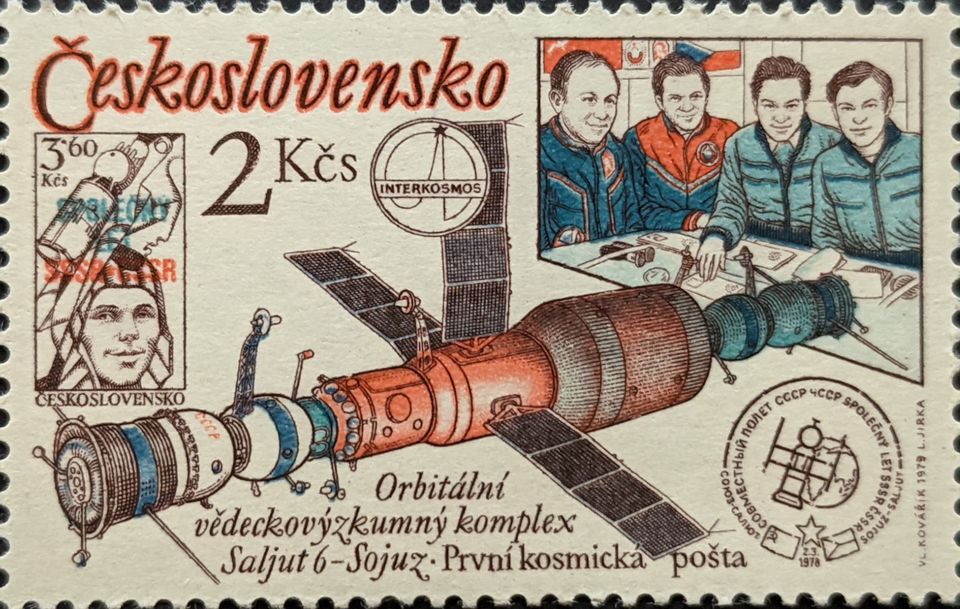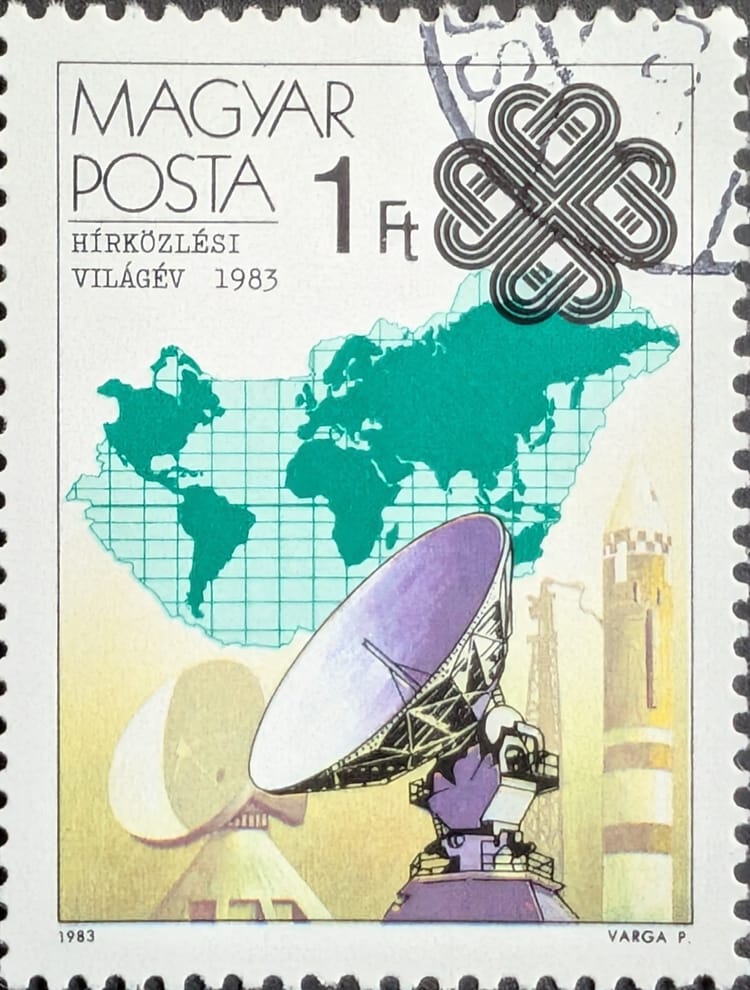The Russian Tantrum and Threat

This type of story seems cyclical. About this time last year, Dmitry Rogozin, the head of Roscosmos, conducted a public airing of his and Roscosmos’ grievances. He primarily aimed those grievances at SpaceX, occasionally including perceptions of NASA snubs for good measure. It was because he understood there wouldn’t be much money in his agency’s future for ferrying American astronauts to the ISS. And there wasn’t much he could do about it.
So, what is he worried about now?
It’s all about the Pentiums
A few days ago, Russia’s space agency boss, Dmitry Rogozin, threatened the U.S./Russia International Space Station (ISS) partnership--by shooting his space agency in the foot. His threat: if the U.S. doesn’t drop sanctions against Russia, maybe the Russians will withdraw from the ISS program. From the article:
“Either we work together, in which case the sanctions are lifted immediately, or we will not work together and we will deploy our station,” he added.
Except, Russia probably can’t build its space station. At least, it can’t if it needs to use a specific microchip. That microchip is critical and the basis for Rogozin’s complaint: his satellite factory, TsNIIMash, doesn’t have access to the chips to build new satellites because of U.S. sanctions. Not that Russia has been deploying a lot of Russian-manufactured satellites (about 13 in 2020). That lack of satellites might be the sanctions’ point. After all, if there aren’t many Russian-manufactured satellites being deployed, where are those chips going?
Even if Russia can build modern space stations, can it do it quickly? No, not based on the nation’s attempts to get an ISS module into orbit. The Nauka MLM (Multi-purpose Laboratory Module) originated in the 1990s. But Russia has yet to launch it to the ISS. Russia’s space sector has fumbled other new projects, be it constructing its Siberian space launch center, Vostochny, or its newest rocket, the Angara. Both of those projects have taken much longer and used much more money than they should have.
Commercial Backwater
Rogozin noted Roscosmos has plenty of rockets, but it’s becoming evident that the only commercial company that’s making it worth the agency’s time to launch them is OneWeb. If it weren’t for those satellites, Russia’s launch customers would primarily be Russian and government. One launch did deploy ridesharing commercial smallsats, but, like ULA, Roscosmos probably doesn’t want to launch less for less. From the customer perspective, the initial launch inclinations out of Plesetsk don’t place Earth observation satellites in an ideal orbit.
As a side observation, of all the nations who can launch to space, Russia seems to be a backwater for one vibrant part of the space sector: smallsats. The other nations (China, India, Japan, the U.S.) and Europe are very much involved in smallsats--manufacturing, operating, launching, etc. In addition, they have commercial companies deploying all sorts of Earth observation/remote sensing satellites. Whether fictional or real, the numbers of commercial smallsat rocket operators are ridiculous. But there appears to be not much activity from Russia surrounding smallsats (aside from launching them now and then).
It appears to have been left behind, which should trouble Rogozin and the consolidated Russian-government-run space industry. While the smallsat business won’t replace the big profits of the legacy way of conducting the space business, I think it will grow. I also believe it serves as a gateway for a different way to conduct the space business--one more dynamic, open, and relevant to the world. If Russia isn’t a part of that, its space products, heritage, Russian quality, knowledge, and more become less accessible and maybe less desirable.
Changes--unwilling to turn and face the strange
Those challenges may add up to the unspoken problem for Roscosmos--there aren’t many places where it can make money--at least, not the way it currently conducts business. In his book, “Innovation and Entrepreneurship,” Peter Drucker observed that when a company ignores industry and market structure changes, it will likely become irrelevant quickly.
“To continue to do business as before is almost a guarantee of disaster and might well condemn a company to extinction. At the very least the company will lose its leadership position; and once lost, such leadership is almost never regained.” (p. 112)
P.S.: This applies to ULA, too!
It appears that even with (more likely: because of) all the changes Russia’s space industry has gone through, it’s still conducting its business pretty much as if things haven’t changed in the rest of the world. It’s relying on its agreement with Arianespace (likely the most lucrative contract in its portfolio, aside from launching NASA astronauts). Launching smallsats won’t make up profits if there’s no follow-up contract for more OneWeb satellite launches (which may be why Rogozin is cozying up to France’s space agency, CNES). And if there’s little to no money available to Roscosmos, how can Russia fund the manufacturing and deployment of a new space station?
It would be tragic, from a peaceful partnership perspective, for Russia to leave. However, the consequences of doing so may be more tragic for Russia and its space program than for the international community and NASA. But, while Russia has the plans and capability to build a stand-alone space station, it may not have the technology. If it does have the technology, it will still take a long time for the nation to build it. And while it focuses on that, it might risk being left further behind in new space industry developments.
Still, Rogozin seems to be speaking from an emotional place, indicating potential non-rational behavior for Roscosmos and other Russian space industry sectors.
Admitting Texas isn’t the Center of the Universe (or a paragon of education)
I am all for people asking questions to understand whether something can be done. That’s how people learn. But when a particular Texas representative asks very Google-able questions (or has access to assistants for research) that are downright uneducated (in a public forum), I have to wonder about Texas’ education system. There seem to be some fundamentals missing.
The offending question came from Louie Gohmert, who asked if the National Forest Service or Bureau of Land Management would be able to change the Moon’s or Earth’s orbit to counteract climate change. The answer, of course, is no. But it’s entertaining to see the person’s reaction to Gohmert’s question. I’ll leave the debating of whether Gohmert was serious or sarcastic to forums and Twitter.
Let’s take his question at face value, which is based on the context of concern for somehow counteracting climate change. The helpful answer to his question is this: it would be realistic, simpler, and less expensive for the world’s nations to work together on climate change than to alter a planet’s orbit.




Comments ()